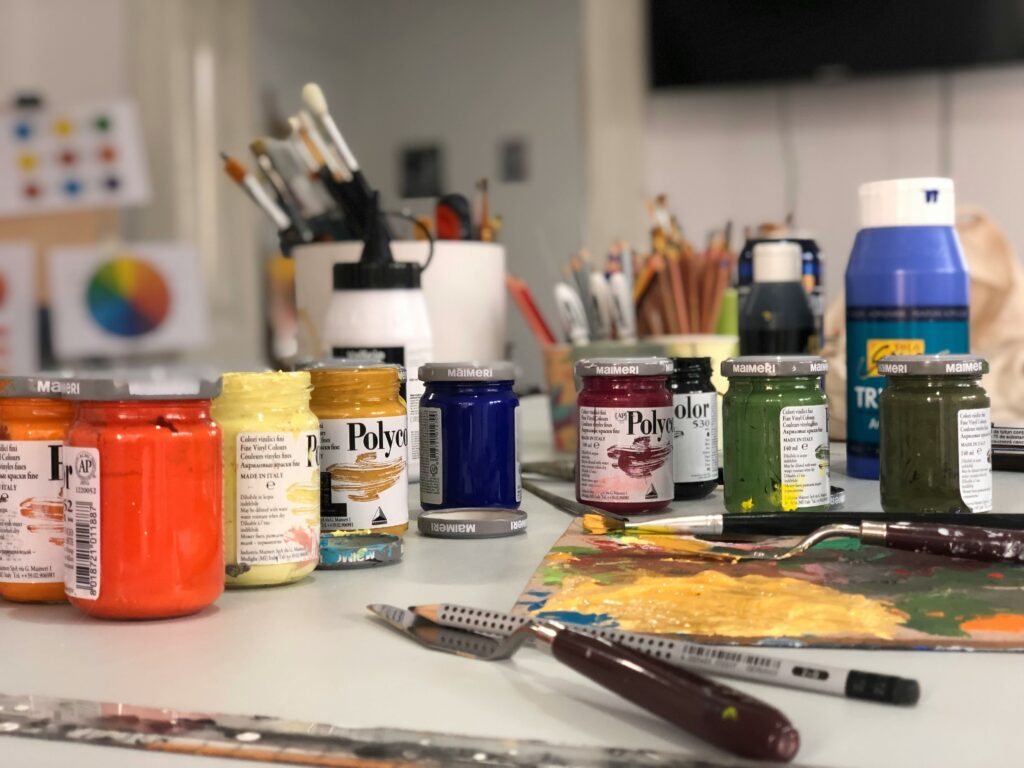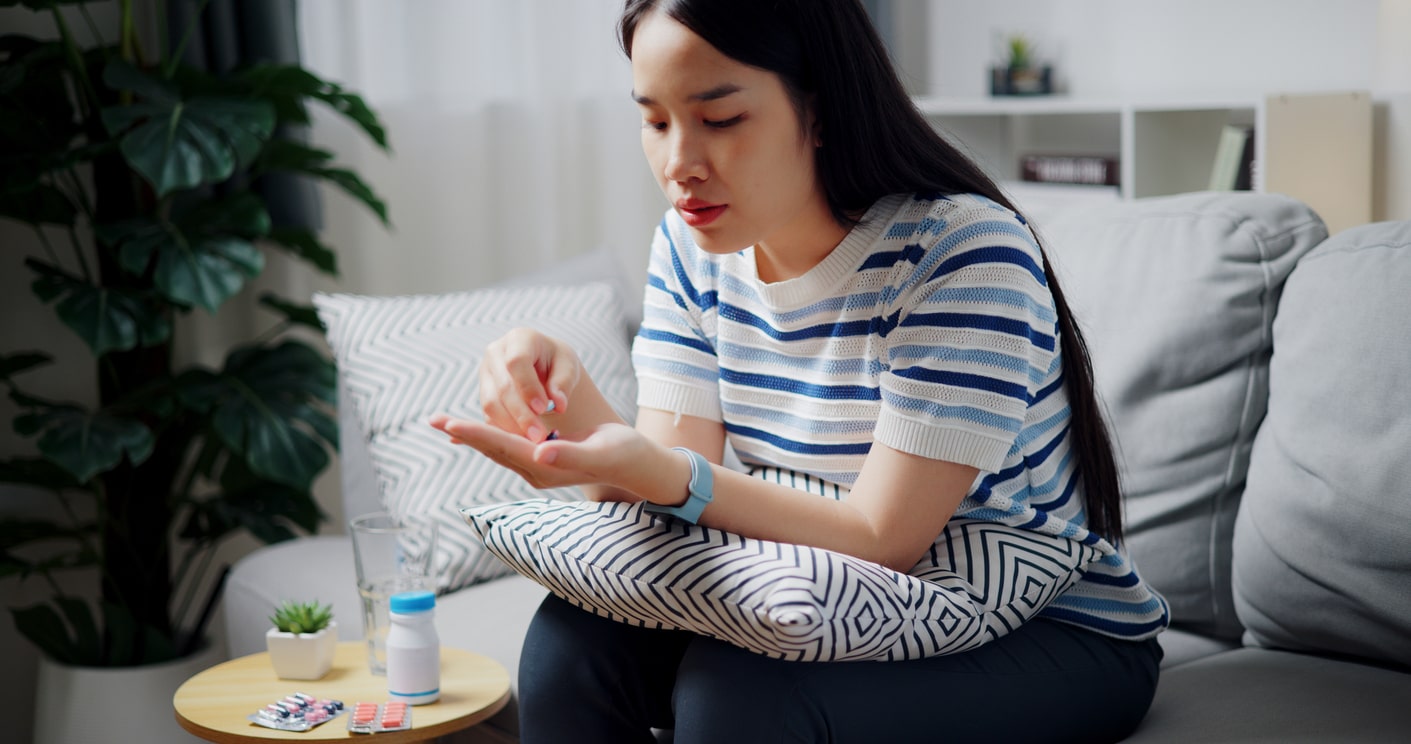Now Reading: Vitamin D and Depression: Understanding the Connection
-
01
Vitamin D and Depression: Understanding the Connection
Vitamin D and Depression: Understanding the Connection

Introduction
Many people know vitamin D as the “sunshine vitamin,” but few realize its strong connection to mental health—especially its role in depression. As more studies explore the link between vitamin D and depression, it becomes clear that this essential nutrient does more than support bones; it also affects our mood and emotional well-being.
In this article, we’ll explore how vitamin D works in the body, the science behind its connection to depression, and how to improve your vitamin D levels naturally. Whether you’re navigating seasonal sadness or struggling with long-term depression, understanding the relationship between vitamin D and depression may help you take a step toward healing.
What Is Vitamin D?
Vitamin D is a fat-soluble vitamin that plays several important roles in the body:
- Supports calcium absorption and bone health
- Strengthens the immune system
- Helps regulate mood and reduces inflammation
The body produces vitamin D naturally when the skin is exposed to sunlight. It can also be found in foods such as fatty fish, egg yolks, fortified milk, and cereals, or taken as a supplement.
The Link Between Vitamin D and Depression
Research suggests a strong connection between low vitamin D levels and symptoms of depression.
1. Vitamin D Receptors in the Brain
The brain contains vitamin D receptors, especially in areas involved in mood regulation, such as the hippocampus. When vitamin D levels are low, these brain regions may not function properly, potentially leading to symptoms of depression.
2. Inflammation and Depression
Chronic inflammation is linked to depression. Vitamin D has anti-inflammatory effects, which may help reduce the biological stress that contributes to low mood and emotional imbalance.
3. Serotonin Production
Vitamin D may play a role in serotonin synthesis. Serotonin is a neurotransmitter often called the “feel-good” chemical. Low serotonin levels are commonly found in people with depression. A lack of vitamin D might disrupt serotonin production, influencing mood.
4. Clinical Studies on Vitamin D and Depression
A 2013 meta-analysis in The British Journal of Psychiatry found that individuals with low vitamin D levels were more likely to experience depression. Another study in 2020, published in Nutrients, found that vitamin D supplementation improved depressive symptoms, especially in individuals who were deficient.
“A deficiency in vitamin D is associated with a greater risk of depression, especially in older adults and people living in low-sunlight regions.” – National Institutes of Health (NIH)
Who Is at Risk of Vitamin D Deficiency?
Certain groups are more likely to experience vitamin D deficiency, which can increase the risk of depression:
- People living in northern climates with limited sunlight
- Individuals with darker skin, which reduces vitamin D synthesis
- Older adults
- People who stay indoors most of the time
- Those with digestive disorders that affect nutrient absorption
- Individuals with obesity, which can alter vitamin D metabolism
If you belong to any of these groups, it’s important to monitor your vitamin D levels and speak with a healthcare provider.
Signs of Vitamin D Deficiency
Some symptoms of low vitamin D overlap with signs of depression, including:
- Fatigue
- Mood changes
- Anxiety
- Irritability
- Sleep disturbances
- Muscle pain or weakness
Because these symptoms are common in both conditions, a simple blood test can help determine if low vitamin D is a contributing factor.
How to Boost Your Vitamin D Levels
If you’re concerned about vitamin D and depression, there are natural and accessible ways to raise your vitamin D levels:
1. Get Sunlight Exposure
Spend 15–30 minutes in direct sunlight several times a week, preferably between 10 AM and 3 PM.
- No sunscreen during that time (but avoid sunburn)
- Face, arms, and legs exposed if possible
- Be mindful of UV risk depending on location
2. Eat Vitamin D-Rich Foods
Incorporate foods that naturally contain or are fortified with vitamin D:
- Salmon, tuna, and mackerel
- Egg yolks
- Mushrooms exposed to sunlight
- Fortified milk, cereals, and orange juice
3. Take a Vitamin D Supplement
Many people benefit from a daily supplement, especially during the winter months. The recommended daily dose varies:
- 600–800 IU for most adults
- Up to 2,000 IU for people with low levels (under medical guidance)
Always talk to a healthcare professional before starting any new supplement.

Vitamin D and Seasonal Affective Disorder (SAD)
Seasonal Affective Disorder (SAD) is a type of depression that occurs during the fall and winter months when sunlight is limited. Experts believe that low vitamin D levels due to reduced sun exposure contribute to this condition.
Light therapy, vitamin D supplementation, and outdoor activity can help manage SAD symptoms. Studies show that addressing vitamin D deficiency can ease depressive episodes linked to seasonal changes.
When to See a Doctor
If you experience ongoing feelings of sadness, fatigue, or lack of interest, don’t ignore these signs. Depression is treatable, and your doctor can help:
- Check your vitamin D levels with a simple blood test
- Recommend treatment options, including therapy or medication
- Create a holistic plan that includes nutrition, lifestyle changes, and support
Final Thoughts
The connection between vitamin D and depression is real and backed by science. While vitamin D isn’t a cure-all, maintaining healthy levels can make a significant difference in supporting mood, brain health, and emotional balance.
By getting regular sunlight, eating nutrient-rich foods, and supplementing when needed, you can take proactive steps toward mental wellness and long-term emotional health.
Always remember—your mental health matters, and small changes can lead to powerful results.

Jen Sheldon is a seasoned writer with a passion for fitness, health, wellness, and addiction treatment. With years of experience crafting insightful and research-backed content, she helps readers navigate their journey toward better well-being. When she’s not writing, you’ll find her exploring new workout routines or diving into the latest health trends.


























